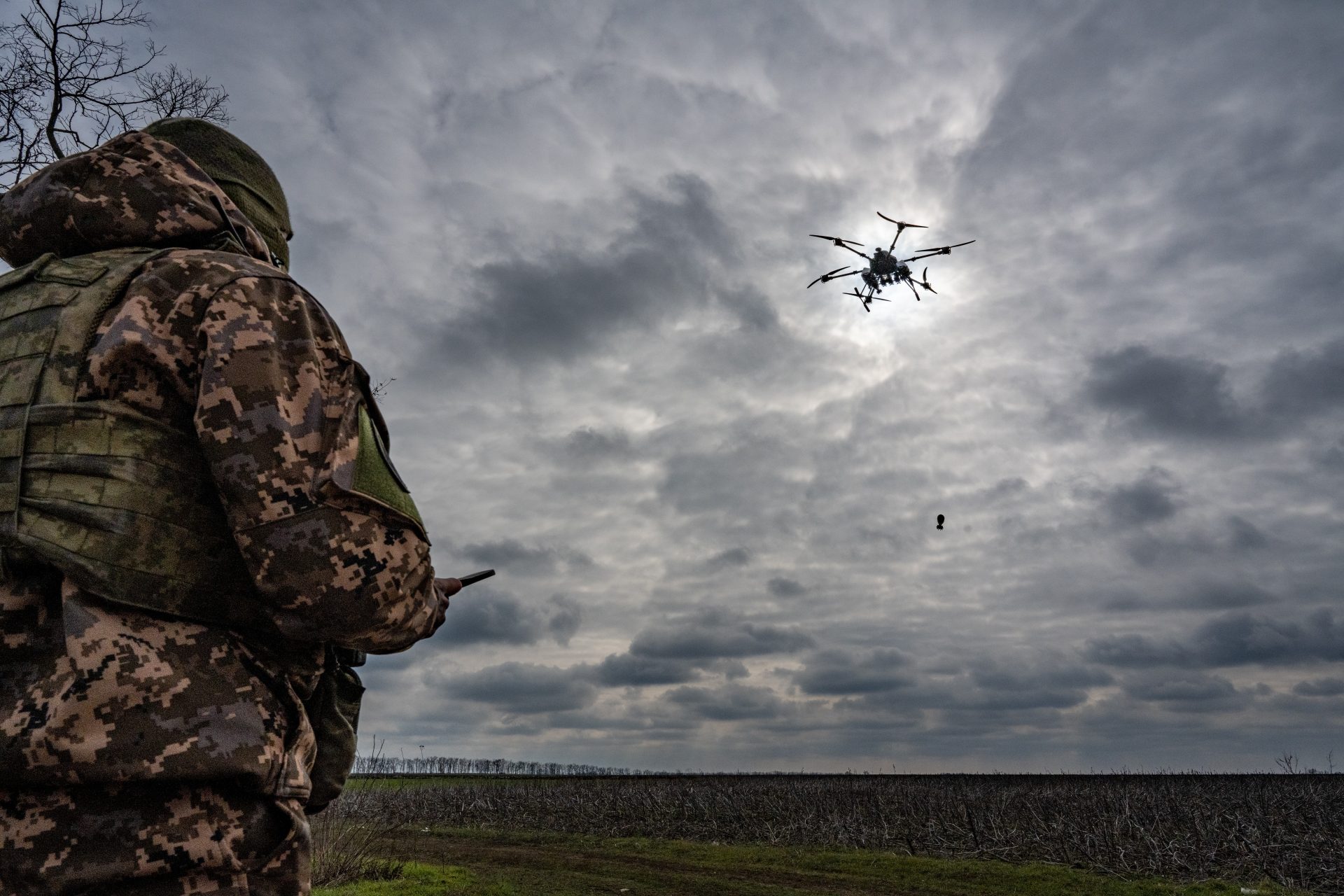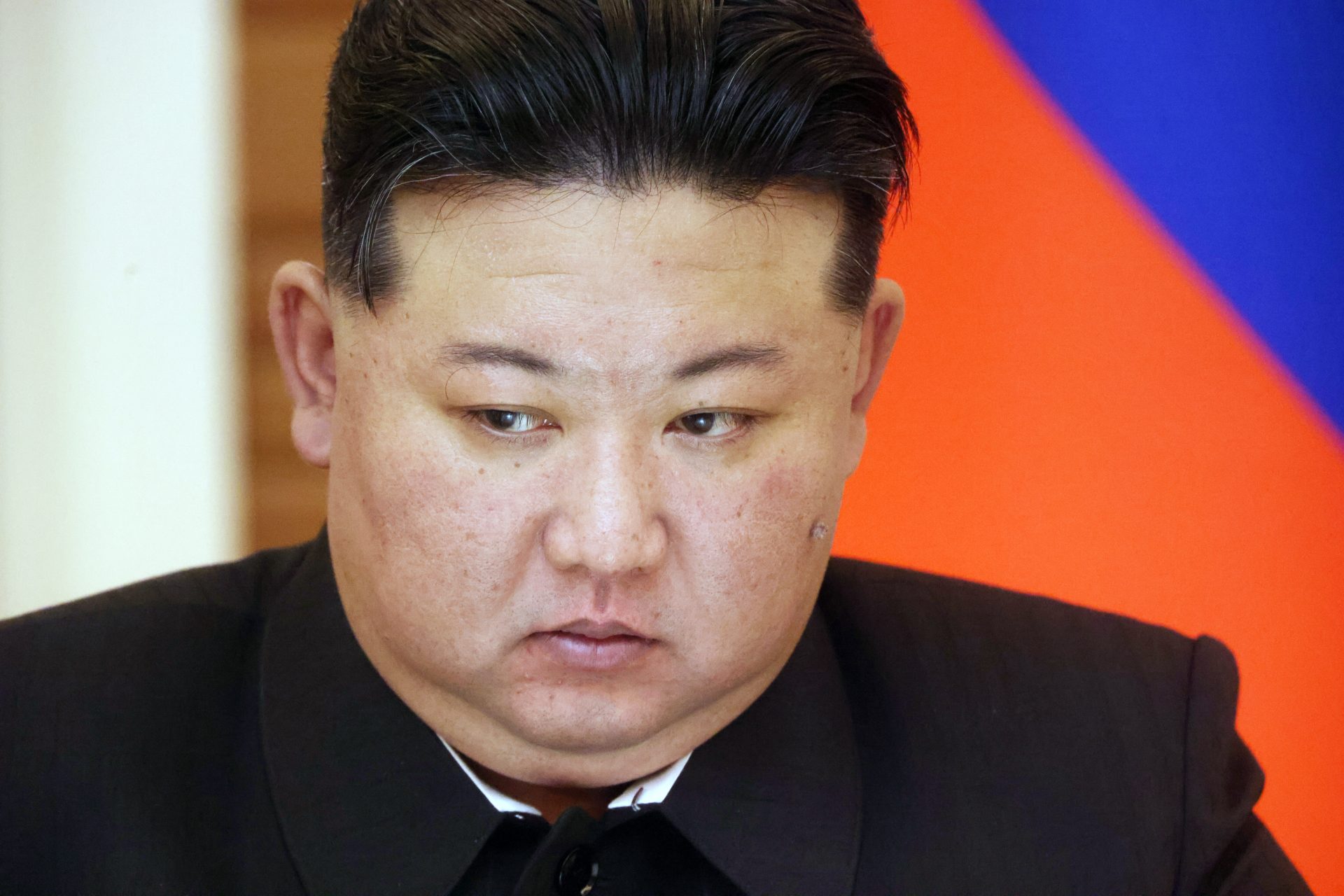Insect Apocalypse: why you should care about bugs disappearing
Climate change not only brings an increase in temperatures or the melting of the poles. Its consequences go much further. Its unstoppable advance is causing the disappearance of insects and that is by no means good news for us.
As scientists, who are increasingly concerned about this situation, warn, the disappearance of insects would result in a significant imbalance for the environment and our production system.
According to a recent study by the Biodiversity and Environment Research Center at University College London published by Nature, in 10 years, in some agricultural areas - the most affected - the number of insects has decreased by 63% and in their natural habitat by 25%.
This theory was already supported by another study from the Technical University of Munich published in 2019, which highlighted that the greatest loss of insect species occurs near intensively farmed lands, where, in 10 years, only 33% of insect species have survived.
The Munich study does not downplay the importance of the disappearance of insects that has been recorded in the forests of Germany, where, according to what they point out, 40% of the insects has been lost since 2007.
The functions of insects are fundamental, as pointed out in the University College study: apart from pollinators, in the case of certain flying insects, others help keep pests under control and decompose inert matter to release nutrients into the soil. .
In the case of pollination, it should be noted that it is also essential for the crops themselves that are intended for human consumption, so the disappearance of these insects would cause serious problems in the global production and supply system.
The importance of pollinating insects for our crops is demonstrated by the fact that around 80% of cultivated plants depend on this function fulfilled by insects.
Dave Goulson, professor at the University of Sussex (England), points out that “without insects, 80% of wild plant species would not be able to reproduce and would end up becoming extinct." Furthermore, 75% of crops need them to be profitable, Goulsan added, “We would starve without insects.”
And the worst of all is that, according to the study carried out by the Technical University of Munich, at the current rate of insect disappearance, they could become completely extinct in just a century, with these serious consequences in the background.
Without the presence of pollinating insects, our diet would be forced to depend only on crops pollinated by the wind, which is reduced to wheat, barley, corn and little else, eliminating numerous fruits and vegetables in one fell swoop.
If we analyze by area, many studies point to a particularly worrying situation in the high-intensity agricultural areas of tropical countries, where most of the 5.5 million species of insects that exist live and where, they point out, they are threatened by the climate change and the loss of their natural habitat.
This may be the case in Puerto Rico, where, in the Luquillo rainforest, for example, there are currently 60% fewer insect species than in the 1970s after the temperature has risen two degrees in half a century, according to a study by the Rensselaer Polytechnic Institute in the United States referred to by WWF.
In Europe, scientists have shown a significant loss of pollinating insects in countries such as the United Kingdom; The number of butterflies has decreased by between 30 and 50% throughout the continent and in Germany the variety of flying insects has been reduced by 76%.
“A decline on this scale over a period of just 10 years completely surprised us: it is terrifying, but it fits the picture presented in a growing number of studies,” said Wolfgang Weisser, professor of Terrestrial Ecology at the Technical University of Munich.
In another study published by The Guardian in 2022, warned of this significant decline in flying insects in Great Britain, which had reached 60% since 2004, with a drop of 34% per decade that scientists have described as disturbing.
In the case of Denmark, the decline is even more pronounced, according to The Guardian, where a significant loss of insects that would reach 80% of the total population between 1997 and 2017.
In Asia the situation is so worrying that they have already resorted to pollinating by hand. This is the case of China, where they perform this practice with fruit trees - apple and pear trees, mainly - because bees have long disappeared from their growing areas.
According to an article on the Econoticias portal, the excessive use of pesticides, added to the disappearance of the insects' natural habitat, has caused their disappearance in the Asian country.
The same thing happens in South Korea, where there are no bees to pollinate fruit trees and, in areas like Seosan, drones are used to perform this pollination function, which is done for economic efficiency, since it is 25% cheaper that if it is done by humans.
"Drones can pollinate uniformly and can be even more successful if bee attraction agents are used," explains Kim Gap-sik, head of the local government. Although, as has been shown, they do not solve the problem of the disappearance of bees.
However, the task of pollinating by hand is very arduous and ineffective, taking into account the limitation of trees that can be acted upon (not to mention large crops). They use jars of pollen and brushes and go flower by flower doing the work, they say in the Spanish publication Econoticias.
That is why the solution is not found in looking for alternatives to insects, but in putting in place means to prevent their disappearance before there is no turning back.
According to several studies carried out in Europe and the United States, one solution, in the case of cropland, would be to plant strips of wild flowers and areas of natural vegetation - which may include trees - between the cultivated parts, which would increase the presence of pollinating insects.
As they explain, this would also mean an increase in the population of natural predators that would help eliminate dependence on pesticides, one of the main reasons for the disappearance of insects in this context.
Professor Dave Goulson, from the University of Sussex, also wanted to contribute his bit by proposing his own recipes to fight what he calls “the insect apocalypse” in his book 'Silent Earth: Averting the Insect Apocalypse', published in 2023.
In the final part of the book, Goulson gives special importance to gardens and urban green spaces in the quest to prevent the disappearance of insects: “Anyone who has a garden can easily grow flowers that provide food for bees,” he notes.
Regarding agriculture, Goulson highlights that “One of the biggest challenges we face is: how to feed everyone without destroying the planet?"
Goulsen adds that industrial agriculture is the problem, not the solution stating, "Industrial-scale agriculture is not sustainable. It contributes about a third of all greenhouse-gas emissions, and is the biggest driver of biodiversity loss globally."
For this reason, the expert continues, “a third of the food we produce is wasted! It’s overly simplistic, obviously, but if we could do away with that waste, we could take a third of all the agricultural land in the world and turn it into a nature reserve. That’s an area the size of North America."
“More sustainable ways of farming need to be found, and we can all help by buying local, seasonal organic produce and eating less meat. We should also vote for politicians who prioritize caring for our environment. There really is no planet B,” Goulsen concludes.
In a report for the UK Wildlife Trusts, Goulsen himself gave the keys to help in our own gardens: mow the grass less frequently and allow natural flowering, grow plants that attract pollinators, make an insect hotel, dig a pond that attracts to insects such as dragonflies, not using pesticides and urging local authorities to promote the planting of trees and flowers.
On the other hand, genetic engineering is also being used to make laboratory bumblebees (in Belgium and Holland) that are sent around the world, although this issue, according to Goulsen, is “controversial” since these new insects are an, “invasive species” , he points out, and can transmit diseases to local insects.
The challenge, of course, is complicated. Insects are fundamental for all of us, although we do not give them the importance they deserve and now it is our turn to fight to prevent their disappearance before it is too late for everyone.
More for you
Top Stories















































